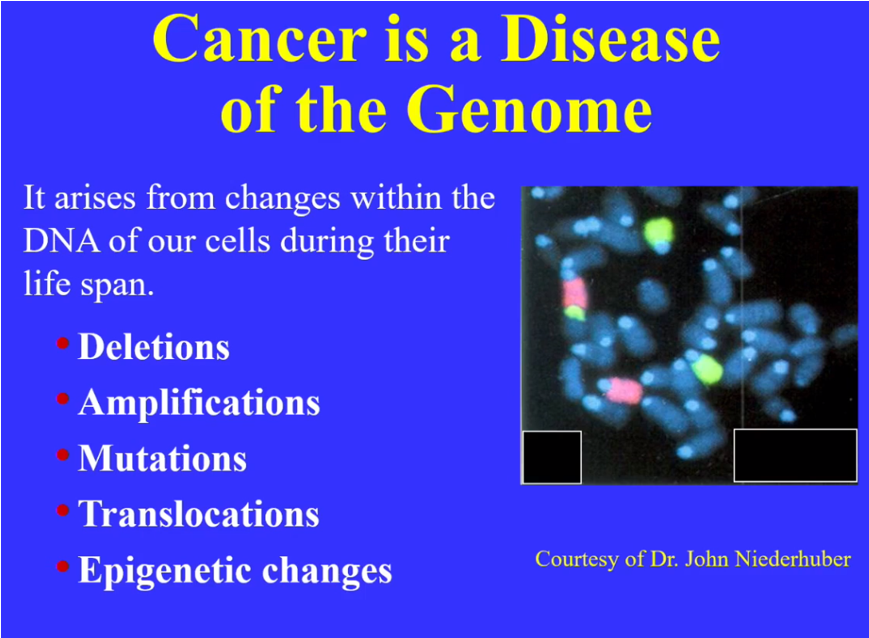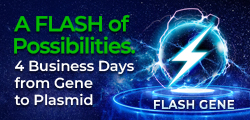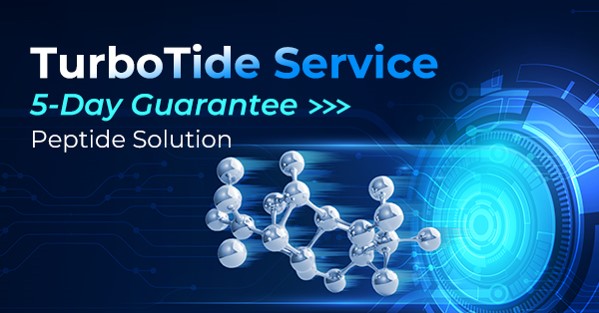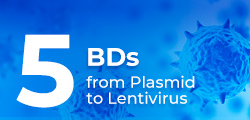-
REAGENT SERVICES
Hot!
-
Most Popular Services
-
Molecular Biology
-
Recombinant Antibody/Protein
-
Reagent Antibody
-
CRISPR Gene Editing
-
DNA Mutant Library
-
IVT RNA and LNP Formulations
-
Oligo Synthesis
-
Peptides
-
Cell Engineering
-
- CRISPR/Cas9 sgRNA
- CRISPR/Cas12a crRNA
- Prime Editing Guide RNA
- Base Editing Guide RNA
- HDR Templates
- gRNA + HDR Template Design Tools
- cGMP Guide RNA
- cGMP HDR Templates
- CRISPR/Cas Proteins
- CAR-T Knock-in Optimization Kit
- CRISPR Plasmids
- CRISPR gRNA Plasmid Libraries
- CRISPR Cell Lines
- Microbial Genome Editing
-
-
PRODUCTS
-
Most Popular Reagents
-
 Instruments
Instruments
-
Antibodies
-
ELISA Kits
-
Protein Electrophoresis and Blotting
-
Protein and Antibody Purification
-
Recombinant Proteins
-
Molecular Biology
-
Stable Cell Lines
-
Cell Isolation and Activation
-
 IVD Raw Materials
IVD Raw Materials
-
 Therapy Applications
Therapy Applications
-
Resources
-
- Pharmacokinetics and Immunogenecity ELISA Kits
- Viral Titration QC ELISA Kits
- -- Lentivirus Titer p24 ELISA KitHot!
- -- MuLV Titer p30 ELISA KitNew!
- -- AAV2 and AAVX Titer Capsid ELISA Kits
- Impurity Test ELISA Kits
- -- BSA ELISA Kit, 2G
- -- Cas9 ELISA KitNew!
- -- Protein A ELISA KitNew!
- -- His tagged protein detection & purification
- -- dsRNA ELISA Kit
- -- Endonuclease ELISA Kit
- COVID-19 Detection cPass™ Technology Kits
-
- Automated Maxi-Plasmid PurificationHot!
- Automated Mini-Plasmid PurificationNew!
- PCR Reagents
- S.marcescens Nuclease Benz-Neburase™
- DNA Assembly GenBuilder™
- Cas9 / Cas12a / Cas13a Nucleases
- Base and Prime Editing Nucleases
- GMP Cas9 Nucleases
- CRISPR sgRNA Synthesis
- HDR Knock-in Template
- CRISPR Gene Editing Kits and Antibodies
-
![AmMag™ Quatro Automated Plasmid Purification]() AmMag™ Quatro automated plasmid purification
AmMag™ Quatro automated plasmid purification
-
![Anti-Camelid VHH]() MonoRab™ Anti-VHH Antibodies
MonoRab™ Anti-VHH Antibodies
-
![ELISA Kits]() ELISA Kits
ELISA Kits
-
![Precast Gels]() SurePAGE™ Precast Gels
SurePAGE™ Precast Gels
-
![Quatro ProAb Automated Protein and Antibody Purification System]() AmMag™ Quatro ProAb Automated Protein and Antibody Purification System
AmMag™ Quatro ProAb Automated Protein and Antibody Purification System
-
![Target Proteins]() Target Proteins
Target Proteins
-
![AmMag™ Quatro Automated Plasmid Purification]() AmMag™ Quatro automated plasmid purification
AmMag™ Quatro automated plasmid purification
-
![Stable Cell Lines]() Stable Cell Lines
Stable Cell Lines
-
![Cell Isolation and Activation]() Cell Isolation and Activation
Cell Isolation and Activation
-
 IVD Raw Materials
IVD Raw Materials
-
![Quick
Order]() Quick Order
Quick Order
-
![Quick
Order]() Quick Order
Quick Order
- APPLICATIONS
- RESOURCES
- ABOUT US
- SIGN IN My Account SIGN OUT
- REGISTER
Company News » Events » GenScript at Neoantigen Based Therapies Summit, Nov 4-5th, 2020 » GenScript: A Neoantigen Summit 2020 Program Partner
GenScript: A Neoantigen Summit 2020 Program Partner

GenScript was a "Program Partner" for this year's Neoantigen Based Therapies Summit, which featured over 40 speakers and over 90 companies representing the biotech, academic, and CRO sectors. Presentations focused on cutting-edge advances in neoantigen-identification, -prediction, -modulation and personalized immunotherapies for a broad range of cancer indications.

GenScript's booth was supported by various team members in the Product Management and Sales teams specialized in neoantigen peptide services and offerings. At the booth, visitors had easy access to helpful resources to learn more about GenScript's neoantigen peptide synthesis platform.

GenScript’s Neoantigen Peptide Service:One-Stop Solution from Research to Clinical with Guaranteed Sterility
Free Download
Application Amplified Extracellular Vesicles Generation by Peptide Polymerization for Diverse Medical Applications
Free DownloadNeoantigen Based Therapies Summit
The Neoantigen summit kicked off with a presentation by Dr. Stanley Leong, Professor Emeritus of Surgery at the University of California, San Francisco. In his talk "Taking a Comparative Oncological Perspective to Understand the Significance of Neoantigens in Cancer Immunotherapy", Dr. Leong provided a perspective on cancer as a genetic disease involving a variety of genetic abnormalities, which impact a broad range of cellular pathways.
Establishing a comparison between the selective forces that shape cancer progression and Darwinian principles of evolution, Dr. Leong shared his view of cancer clones within a tumor as "species upon which the tumor microenvironment exerts selective forces-both negative and positive-preventing or promoting the spread of cancer cells". In regard to neoantigens, as an immunotherapy modality, Dr. Leong shared his views of their effectiveness as a strategy to safeguard against cancer recurrence following primary tumor ablation. Identification of neoantigens with therapeutic potential remains challenging. In his closing remarks, Dr. Leong indicated that cancer heterogeneity remains a significant challenge to the success of immunotherapy approaches.

Cancer Vaccines
Dr. David Raerdon, Clinical Director at the Center for Neuro-Oncology, Dana-Farber Cancer Institute, presented a talk titled "An Update on Neoantigen Vaccination for Glioblastoma". Dr. Raerdon talked about the emergence of immunotherapy approaches, such as vaccines and checkpoint inhibitors, as effective therapeutic modalities for various types of cancer. However, in the case of glioblastoma as a cancer type with low mutation burden, responses to immunotherapy have been weak or simply have failed. The release of molecules that either inhibit T cells or lead to their apoptosis, and the prevalence of suppressive myeloid cells, impede immunotherapy success in glioblastoma. Additionally, the heterogeneity within tumors raises the possibility of cells developing resistance and escaping treatment. Although 30% of glioblastomas express a mutant form of EGFRvIII on the tumor's surface, vaccines to this single antigen fail to improve survival. Dr. Raerdon's lab is focused on developing personalized vaccines, where ~20 identified neoantigens may be used per patient.
Clinical trials are underway where neoantigen peptide pools are being administered to patients, as a priming and two boosting doses, to evaluate glioblastoma responses. Preliminary findings support that vaccination induces an immune response within the glioblastoma microenvironment, and neoantigen specific infiltrated T cells may be found within the tumors.
In a different and innovative approach, Dr. Eric Halioua, President & Chief Executive Officer at PDC*line Pharma, presented a talk titled: "New class of cancer vaccine based on an off-the-shelf Antigen Presenting Cell line (PDC*line)". PDC*line Pharma's approach to cancer vaccines focuses on the development of a GMP human dendritic cell line, immortalized-PDC (plasmacytoid dendritic cell), which is broadly applicable for the treatment of many cancer indications.

Briefly, for this approach PDCs are loaded with tumor antigens and used for patient infusion as an off the shelf therapeutic. Once infused, loaded PDCs induce the activation and expansion of CD8+ T cells. Dr. Halioua highlighted that the platform is amenable to the expression of different HLA receptors, allowing for expansion of antigen presentation capacity.

Immunopeptidome Identification
Dr. Kevin Pojasek, Chief Executive Officer at Enara Bio, gave a talk titled "Identification & Characterization of T cells Reactive to Dark Antigens". Dr. Pojasek opened his talk by sharing Enara's vision for next generation T cell immunotherapy, which they believe requires the discovery of novel shared cancer neoantigens and their respective reactive TCRs. One of Enara's pipelines, "Dark Antigens", aims at identifying novel MHC restricted peptide antigens derived from regions of the genome commonly classified as non-coding. Because many of these dark antigens are shared between patients with specific tumor types, Dr. Pojasek believes that these newly identified antigens have the potential to serve as therapeutic agents for a broad range of patients as vaccines or for TCR mediated approaches.
In the last talk of the Neoantigen summit, Tamara Ouspenskaia, Ph. D., presented on "Thousands of novel unannotated proteins expand the MHC I immunopeptidome in cancer". Dr. Ouspenskaia started her talk by explaining how the conventional way used to identify neoantigens, by whole exome sequencing, limits the ability to find potential neoantigens hidden in non-coding regions.

However, untranslated regions of the genome may become part of the cancer immunopeptidome through mutations or epigenetic changes leading to tumor specific expression or tumor specific translation of UTRs. In her approach, Dr. Ouspenskaia leverages ribosomal profiling to uncover unannotated translated open reading frames (ORFs) as a potential source of neoantigens for cancer immunotherapy. Therefore, by combining RNA-seq and Ribo-seq analysis, Dr. Ouspenskaia is able to identify new unannotated ORFs.



-




































